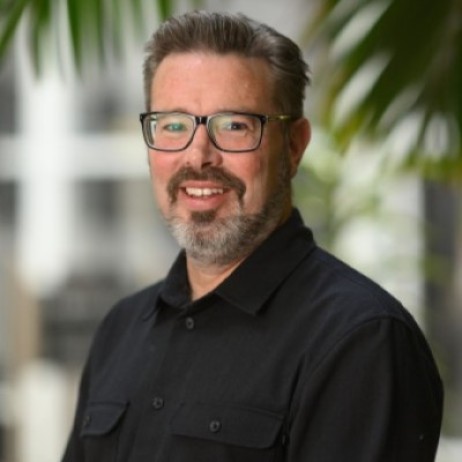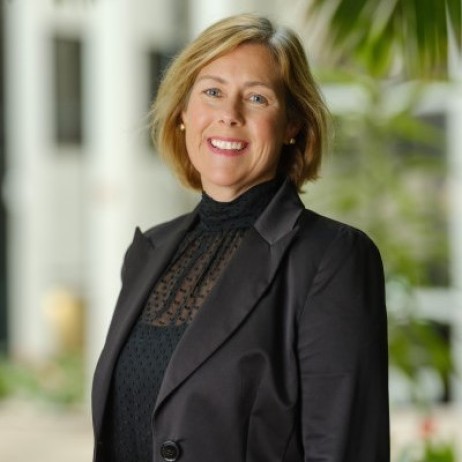Our people | Kaimahi
Nearly two thirds of our kaimahi are focused on gathering and analysing information, reflecting our emphasis on listening to the voices of those experiencing the system.
Our operational teams (our monitors who visit communities) are spread around the motu – in Tāmaki (Auckland), Whanganui-a-tara (Wellington) and (Christchurch).
Our monitors come from a range of backgrounds and areas of expertise including social work, psychology, education and law. They are trained in listening and speaking with children and young people and have experience in working with different communities, including Māori communities.
Whanganui-a-tara is the base for most of the teams who support this work and carry the voices of experience through into the reports we publish. This includes Data and Insights, Performance, Policy and Practice (PPP) and Communications, and Māori and Community Engagement.

